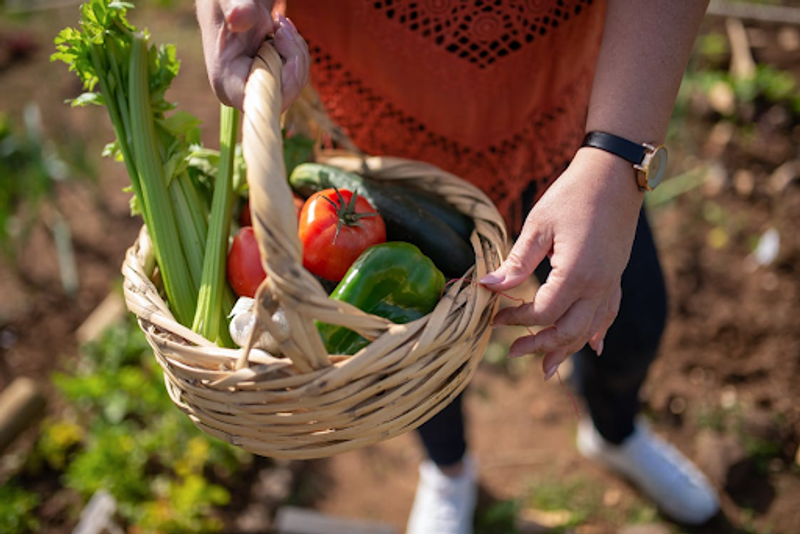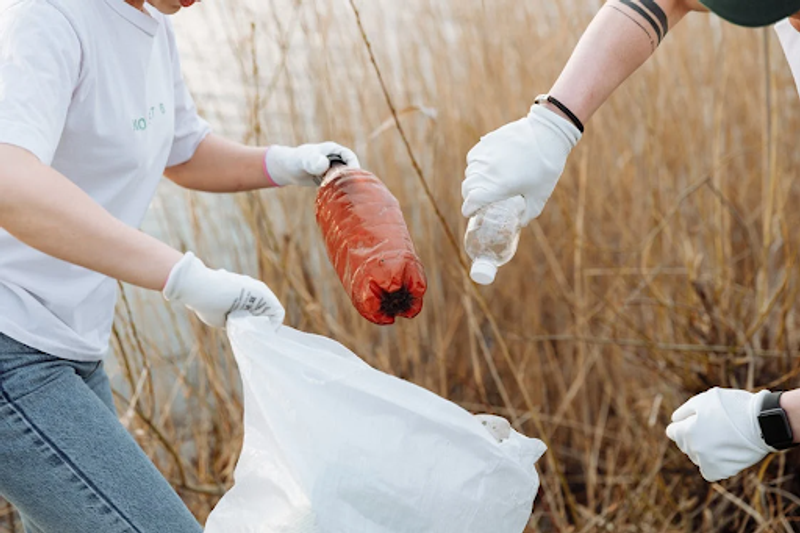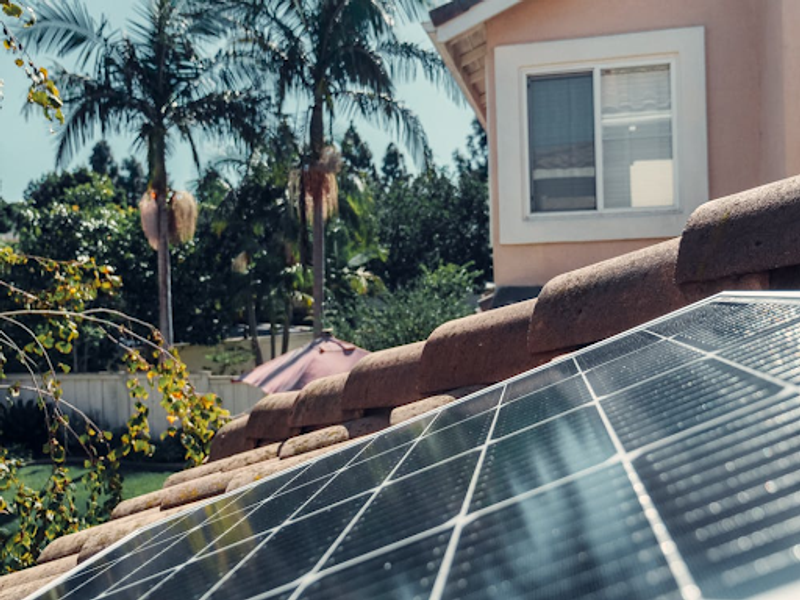Before you even pack your bag, remember that sustainable travel often begins at home. Every eco-friendly decision you make, even small daily choices, adds up. A travel sustainability guide notes that “sustainable travel habits start long before you walk out the door on your journey” and that everything from your water use to food waste is connected to your home life. By adopting simple green living tips like the ones below, you’ll not only help the planet but also become a more mindful, prepared traveller.
1. Use Eco-Friendly Cleaning Products
Many common cleaning products contain harsh chemicals that can end up in waterways and ecosystems. By switching to biodegradable, non-toxic cleaners, you reduce exposure to toxins for both people and the planet. For example, the New York State Office of General Services reports that sustainable cleaning supplies significantly cut exposure to harmful chemicals and related health risks. Plus, eco-friendly formulas break down quickly after use, avoiding harm to aquatic life. Making this swap at home sets a green tone for your travels: if you clean responsibly locally, you’ll be more likely to look for environmentally friendly practices on the road.
2. Cut Down on Fast Fashion

Fast fashion creates tons of waste. It’s estimated that a truckload of unwanted clothing is dumped into landfills every second. Instead of chasing fleeting trends, focus on quality, long-lasting pieces or second-hand finds. Avoid synthetic fabrics like polyester and nylon (which can take decades to decompose) and opt for natural fibres such as cotton or wool. These thoughtful clothing choices mean you’ll have reliable, multifunctional outfits for your trips and generate far less textile waste than if you kept buying cheap, disposable clothes
3. Choose Local and Seasonal Foods

Eating local, seasonal food is an easy eco-habit that shrinks your carbon footprint. The farther away your food is grown or raised, the more greenhouse gases are emitted in transporting it. By shopping at farmers’ markets, joining a CSA, or simply cooking with nearby ingredients, you support local farmers and reduce those emissions. Local foods also tend to be fresher and tastier! These kitchen routines at home will carry over when you travel; you’ll naturally look for farmers’ markets or farm-to-table options abroad, continuing the local-food lifestyle on the road.
4. Bring Your Reusables

Carrying reusable items is a simple way to be more sustainable. For example, producing just one throwaway plastic water bottle uses about 2,000 times more energy than using an equivalent amount of tap water. To cut that waste, always bring a refillable water bottle (and even a cloth shopping bag or coffee mug) wherever you go. Conservation experts explicitly recommend “travelling plastic-free” by using your bottle and bag on trips. When you make this a habit at home, you’ll naturally avoid disposable plastics when you travel, saving money and reducing trash.
5. Conserve Energy at Home

Every bit of saved energy helps the planet. A quick win is swapping out old incandescent bulbs for LEDs: LEDs use as little as 20% of the electricity of traditional incandescent bulbs. Unplug chargers and devices at night (to avoid “phantom” power draw) and take advantage of natural light when you can. Even small thermostat adjustments make a difference: setting your heater or AC a few degrees lower when you’re asleep or away can cut your energy use significantly. These green living tips save you money on bills and tune you into energy use – a mindset that pays off on every trip (for example, being sure to turn off lights in an empty hotel room).
6. Save Water Whenever Possible

Water conservation is another essential home habit. Fix leaky faucets and take shorter showers. Only run washing machines and dishwashers with full loads. You’d be surprised how fast water adds up: for instance, skipping one fast-food cheeseburger a week (and eating plant foods instead) saves a lot of water – producing just a single quarter-pound beef burger takes roughly 460 gallons of water. Building water-saving practices at home (such as turning off the tap while brushing your teeth or using rainwater for plants) sharpens your awareness, so you’ll naturally be more careful about water use when travelling too.
7. Recycle, Compost and Reduce Waste

Take it a step further by sorting your trash and composting kitchen scraps whenever possible. Try bar soap instead of bottled body wash, bamboo toothbrushes instead of plastic ones, and bring reusable containers for leftovers. Even personal-care items matter – scientists estimate that up to 8 trillion plastic microbeads enter our waterways every day from things like cleansers and cosmetics. By choosing package-free or recyclable options at home, you cut that plastic load and reinforce a “reduce, reuse, recycle” mindset. When you travel, this mindset means you’ll avoid wasteful items (no single-use toiletries or plastic bags) and properly recycle or compost in your destination when you can.
By adopting these seven simple habits, you’re doing your part every day. As one sustainability guide concludes, “simple sustainable travel habits” (like repurposing resources and cutting waste) will help save the world’s resources and better support local communities. Start building these green habits at home today, and you’ll carry that mindful spirit with you wherever you go. Safe, conscious travels!
